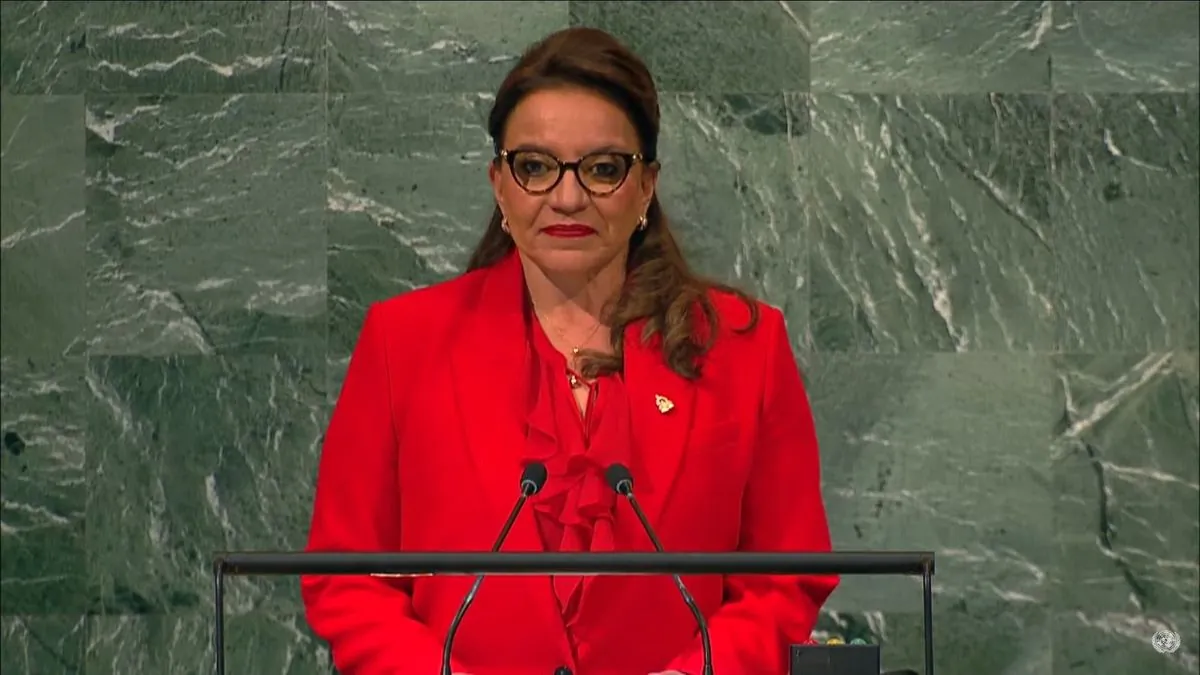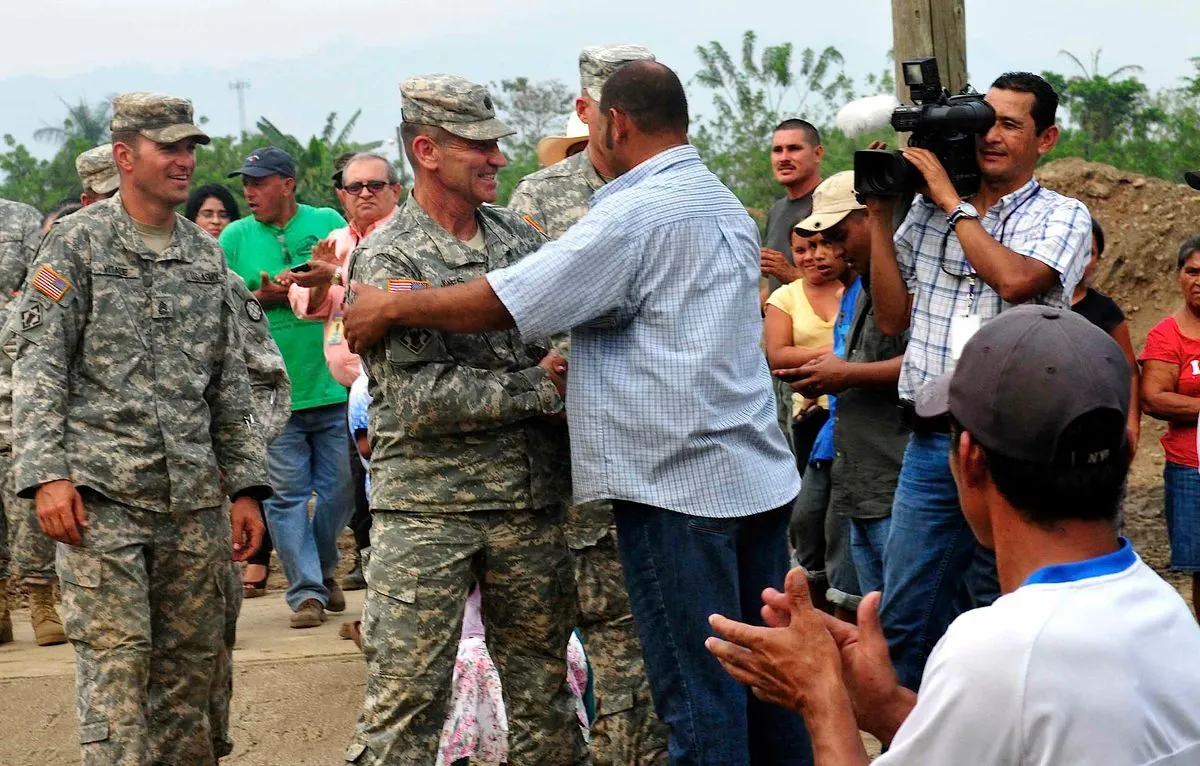Honduras-US Tensions Rise Over Extradition Treaty Withdrawal
Honduras plans to exit century-old extradition treaty with US, sparking diplomatic row. President Castro alleges plot against her government, while US urges reconsideration, citing mutual benefits in combating drug trafficking.

In a move that has heightened tensions between Honduras and the United States, the Central American nation has announced its intention to withdraw from a long-standing extradition treaty. This decision has prompted a swift response from Washington, urging Tegucigalpa to reconsider its stance.
Xiomara Castro, the President of Honduras, has cited concerns over what she perceives as a plot against her administration. "A plan is being hatched against my government and it's important that the people know this," Castro stated. She emphasized her commitment to protecting the Honduran Armed Forces, asserting that the extradition treaty should not be used as a tool for intimidation or blackmail.
The extradition agreement, which has been in place for over a century, has facilitated the transfer of high-profile Honduran individuals to face justice in the United States. A notable example is the case of former President Juan Orlando Hernandez, who was extradited under this treaty.

A U.S. State Department spokesperson, speaking on condition of anonymity, confirmed that the treaty remains in effect and stressed its mutual benefits for both nations. "We strongly urge the government of Honduras to reconsider this decision," the official stated, highlighting the potential negative impact on efforts to combat drug trafficking if the withdrawal proceeds.
The diplomatic rift was exacerbated by comments from U.S. Ambassador to Honduras, Laura Dogu, who expressed surprise at Honduran officials meeting with individuals she referred to as "drug traffickers." This statement came in response to a recent meeting between top Honduran military leaders and Vladimir Padrino, Venezuela's Defense Minister, who faces drug trafficking charges in the U.S.
Enrique Reina, Honduras' Foreign Minister, responded by suggesting that a coup was being promoted within the country's military. He interpreted Dogu's remarks as an accusation against senior Honduran military officials of involvement in drug trafficking.
"I won't allow the extradition instrument to be used to intimidate or blackmail the Honduran Armed Forces. We're defending our armed forces, not coups."
This diplomatic row underscores the complex regional dynamics involving Honduras, Venezuela, and the United States. Honduras, under Castro's leadership, has strengthened ties with socialist-run Venezuela, which the U.S. government considers illegitimate. This alignment echoes the political stance of Castro's husband, former President Manuel Zelaya, who was ousted in a 2009 coup after aligning with the late Venezuelan President Hugo Chavez.
The United States has historically played a significant role in Honduran politics, maintaining a military presence in the country since the Cold War era. This influence extended to supporting Hernandez, despite allegations of fraud in his 2017 re-election.
As tensions continue to simmer, the international community watches closely to see how this situation will unfold. The potential withdrawal from the extradition treaty could have far-reaching implications for regional security and efforts to combat transnational crime.
Honduras, a nation of approximately 9.5 million people, faces numerous challenges beyond this diplomatic dispute. As one of the poorest countries in Latin America, it grapples with high crime rates, political instability, and the impacts of climate change. The country's economy heavily relies on remittances from Hondurans working abroad and exports such as coffee.
As this situation develops, it remains to be seen how Honduras will balance its domestic concerns with international relations, particularly in the context of regional security and cooperation in combating drug trafficking.


































